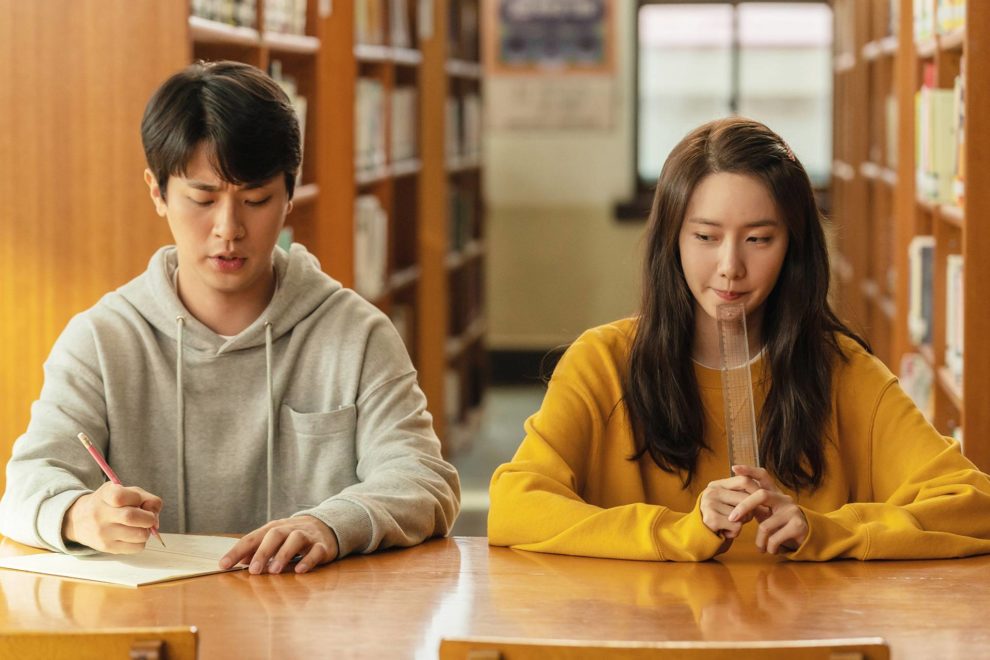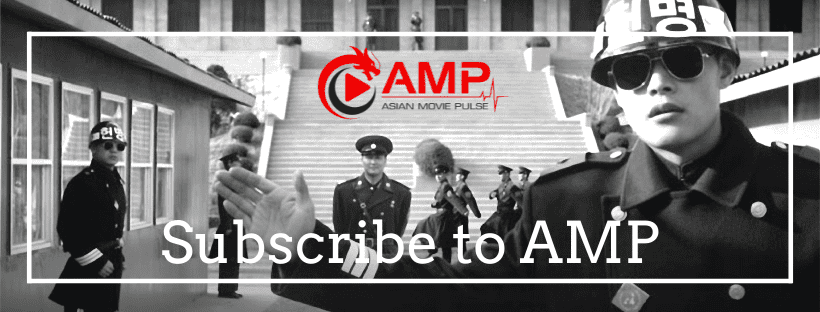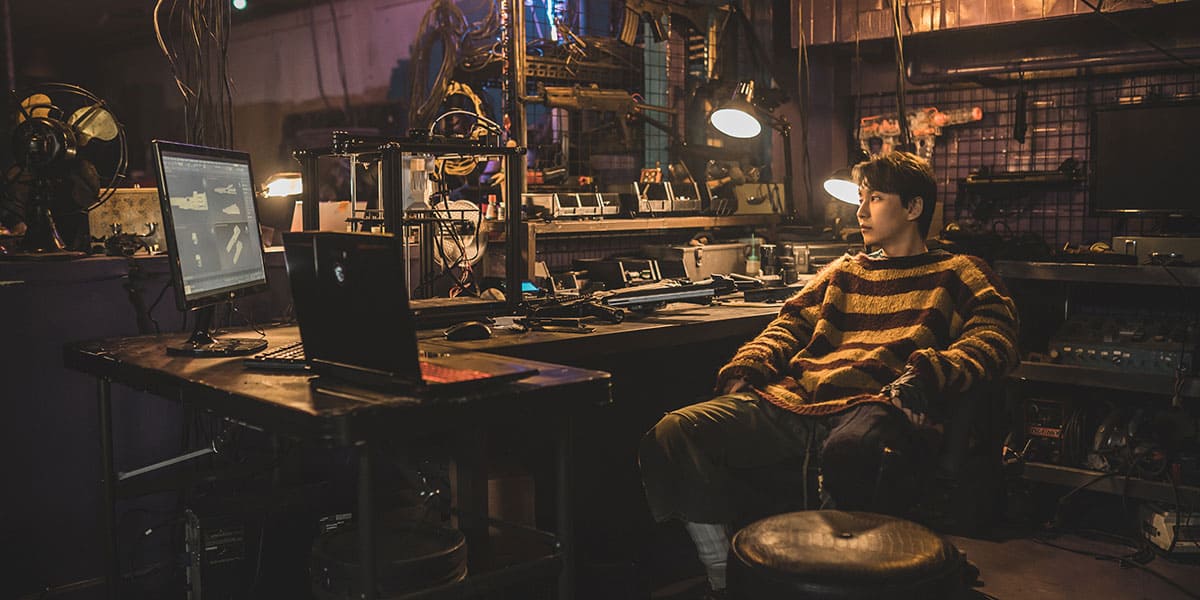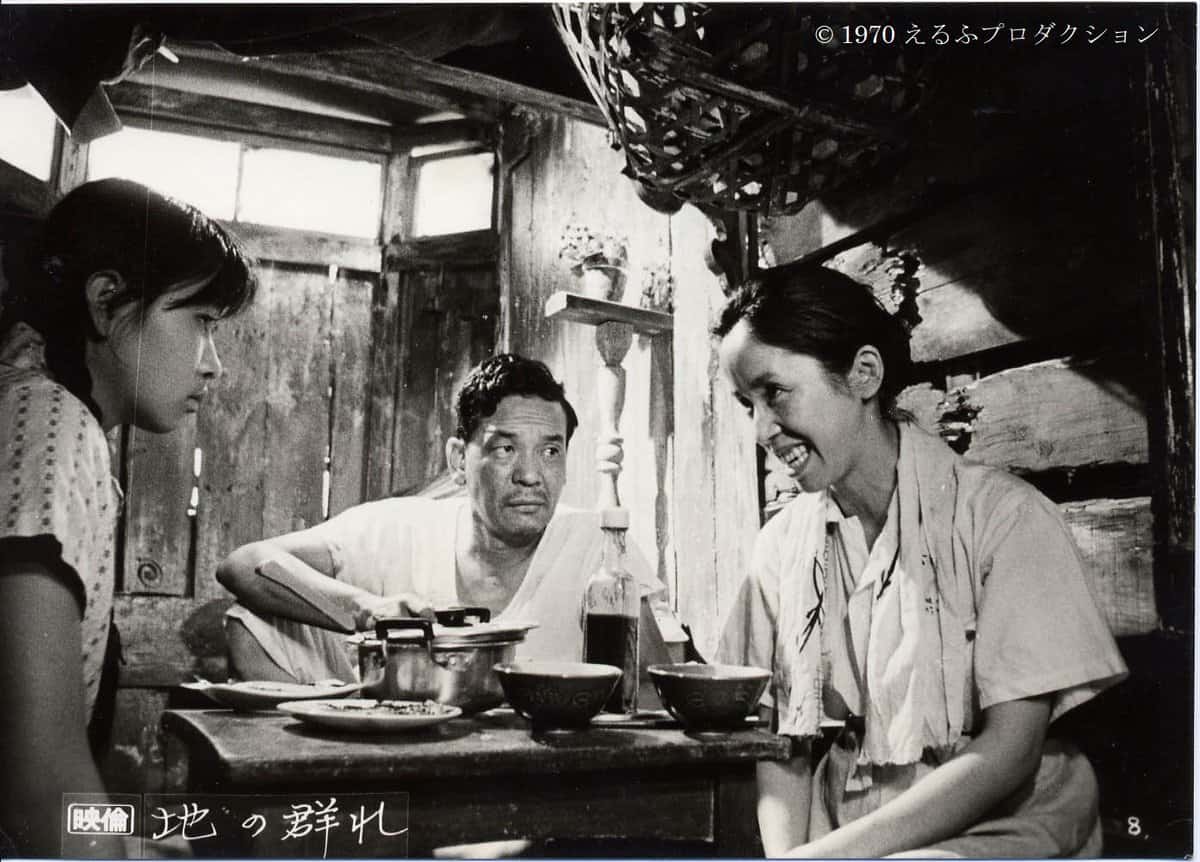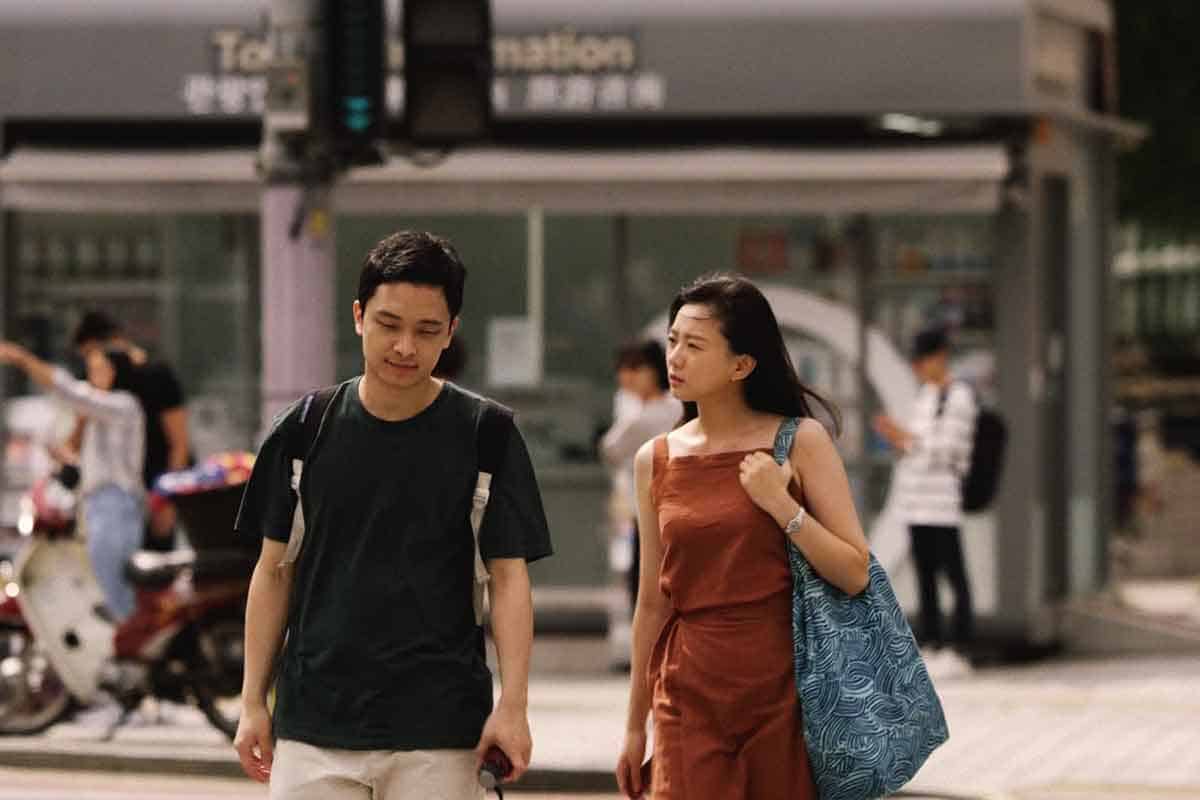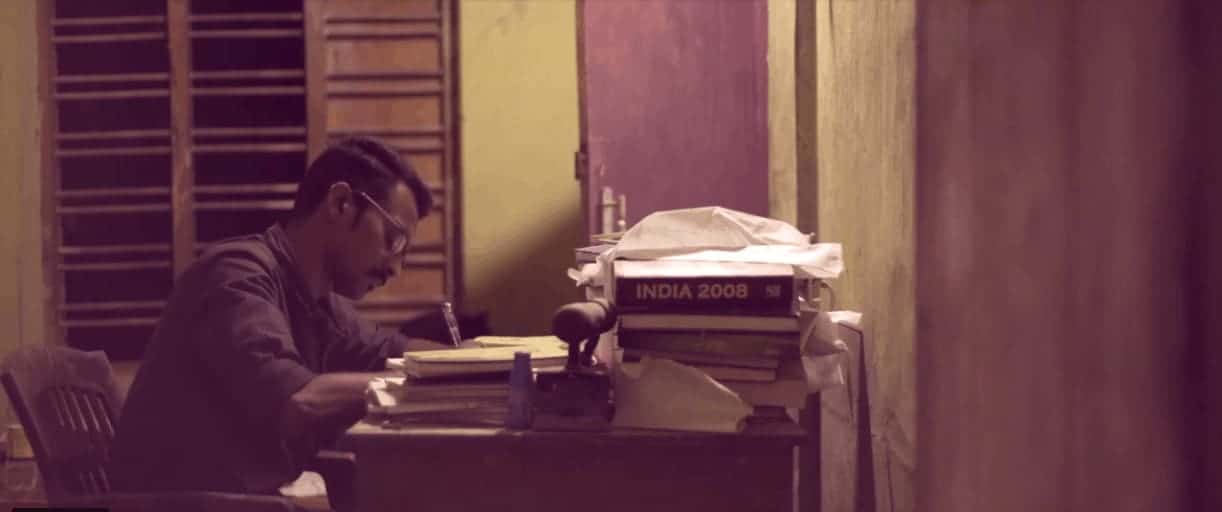Having lived in big, metropolitan cities in this modern day, sometimes we are unable to fathom the difficulties that those living in the remote regions of various countries would have had to face, even as close as a handful years ago, and in some places still face today. Director Lee Jang-hoon bases his sophomore feature on one such true story of a man and his efforts on the behalf of his village.
Miracle: Letters to the President is available from Echelon Studios

Joon-kyeong is a straight-A student often referred to as a genius by the village-folk. He may not get along with his train driver father, but he dotes on his elder sister and is in turn equally doted on by her. His simple, studious ways quickly earn the affection of classmate Ra-hee, who is herself from an affluent family, the daughter of a congressman. Joon-kyeong has lived in his remote village all his life and for all intents and purposes, the genius student should move to Seoul to study along with Ra-hee but he refuses, for he has made a particular task his life's mission.
So remote is his village that it has no road leading up to it, nor a train station. The only thing connecting the village to the outside world is a passing train track, which goes through tunnels and bridges and which the villagers tread on to get to and from the village, at the risk of their lives each time, with many deaths over the years. Joon-kyeong has taken it upon himself to get a way station for his village where the passing train can stop, writing the President of Korea letters regularly and frequently till one gets built for his village.
Where he took inspiration from a Japanese feature for his debut “Be With You”, Lee Jang-hoon adapts a real-life story for his second work. If there's one thing “Be With You” proved, it was that Lee is quite adept at handling emotions and human sentimentalities and “Miracle: Letters to the President” is no different, with Lee using the backdrop of Joon-kyeong's struggle for a way station to tell an emotional tale about one's dreams and holding on to them, no matter how far-fetched they seem or how many times the world asks you to give up.
Conversely, as much the narrative is about holding on to something, it is also about giving up and letting go, specifically of one's grief and guilt. This is where Lee Jang-hoon's script is at its strongest and what sets it apart. A number of sequences manage to pull at the heartstrings effectively, particularly those shared by Joon-kyeong with his sister and later with his father. There is an added bit of melodrama near the end which does feel unnecessary and a cheesy airport scene straight out of a 90s Hong Kong production, but if one has already given in to the sentiments of the feature by that point, chances are that the former will not be a major issue and will mean another opportunity for the viewer to reach for the tissues.
The task of bringing Joon-kyeong to life falls on the shoulders of Park Jung-min. This is an actor who has greatly impressed with his body of work, yet is mostly seen as part of an ensemble cast or in an important and always effective supporting role. Thus, this is a rare chance to see him in a leading role and he makes the most of it, once again showing his range in a narrative that requires him to portray a number of emotions. Yoona grows as an actress with each project of hers and she is very likeable as Ra-hee, with her absence in the middle section being rather felt. The scene where Joon-kyeong and Ra-hee try to kiss while watching an adult film is deliciously cute. Lee Sung-min is always a reliable actor and just when you think he might be a bit wasted in the role of the father that doesn't demand much from the seasoned actor, he brings in a memorable final act performance that fully justifies his involvement in the production. The surprise of the cast is Lee Soo-kyung, who has great screen presence as the always supportive elder sister Bo-kyeong.
Featuring picturesque countryside locales and a soundtrack that is soothing and melodramatic as needed, “Miracle: Letters to the President” is impressive to look at and listen to, resulting in a work that has a lot going for it. It is noble intentioned, reminds us of simpler times and issues, is brimming with nostalgia for an era past, has a warmth in its performances and an emotional vein that is capable of making viewers both laugh and cry, thus fully justifying its several Blue Dragon Film Awards nominations and Baeksang Arts Awards nominations.


